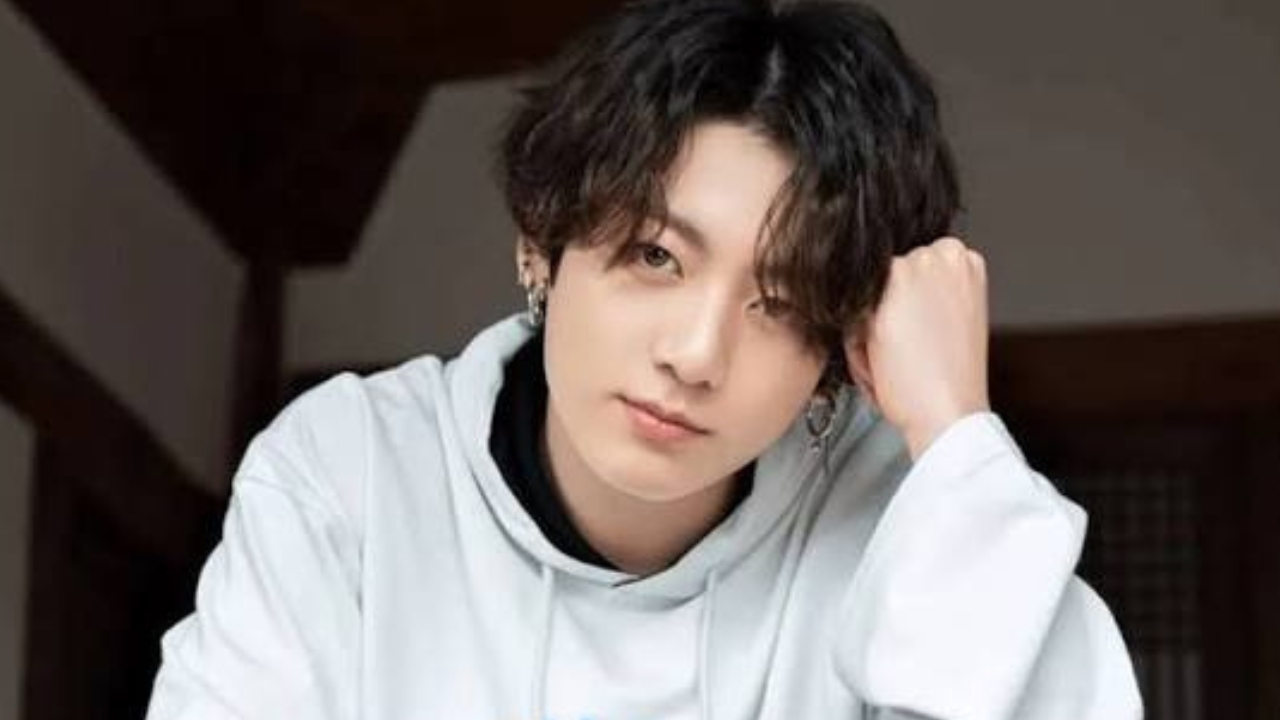Jungkook's hat sparks debate on cultural sensitivity and celebrity responsibility.
- Jungkook's hat draws criticism, invoking historical tensions between Korea and Japan.
- He issued an apology, expressing regret and a lack of awareness.
- The incident reignites discussions on celebrity accountability in global contexts.
BTS member Jungkook recently became the center of a major controversy after wearing a hat emblazoned with the phrase “Make Tokyo Great Again”.
The incident quickly went viral, drawing sharp criticism from fans, historians, and the general public, particularly in South Korea and Japan, due to the phrase’s political and historical connotations.
The hat has been interpreted as invoking historical resentment tied to Japan’s imperial past, igniting debates over cultural sensitivity and celebrity responsibility.
Immediate Public Backlash
Once images of Jungkook wearing the hat circulated online, fans and commentators reacted strongly.
Many pointed out that the phrase evokes nationalistic slogans reminiscent of politically charged campaigns and could be interpreted as insensitive given Japan’s historical colonization of Korea.
Social media discussions erupted with users expressing disappointment and urging greater awareness of the significance of such symbols, particularly for global icons like Jungkook.
Jungkook’s Official Response and Apology
Following the backlash, Jungkook issued an official apology. He stated that he did not intend to offend anyone and explained that he was unaware of the historical and political implications of the hat.
In his statement, he expressed deep regret for the unintended offense and emphasized his respect for both Korean and Japanese fans.
The apology aimed to address the concerns raised and restore trust among fans who felt hurt by the incident.

Historical and Cultural Context
The controversy surrounding the hat is rooted in historical tensions between South Korea and Japan, stemming from Japan’s colonial rule over Korea from 1910 to 1945.
Symbols, slogans, or references that appear to glorify Japan’s past imperial ambitions are particularly sensitive in South Korea.
For public figures, especially globally recognized idols like Jungkook, such incidents are magnified and scrutinized, highlighting the responsibility that comes with international visibility.
Fan and Public Reactions
Reactions to the apology were mixed. Some fans appreciated Jungkook’s quick acknowledgment and acceptance of responsibility, praising his sincerity.
Others, however, criticized the incident as avoidable, emphasizing the need for celebrities to be more mindful of political and historical contexts when choosing attire or accessories, especially in public appearances.
The debate underscored the delicate balance that K-pop idols must maintain as both cultural icons and global representatives.
Implications for Celebrity Awareness
This incident has reignited discussions about celebrity responsibility and cultural sensitivity in the global entertainment industry.
Fans and cultural commentators stressed that while idols may not intend harm, their actions and public appearances carry significant influence.
The episode serves as a reminder for agencies, management teams, and artists to consider historical and cultural factors when making public choices, particularly in the interconnected digital age where images and actions can go viral instantly.
Learning from Controversy
The Jungkook hat controversy highlights the challenges faced by global celebrities in navigating historical sensitivities and cultural awareness.
While the incident sparked anger and disappointment, it also prompted constructive dialogue about education, accountability, and the importance of thoughtful public representation.
Jungkook’s apology, coupled with increased awareness of these issues, may help prevent similar controversies in the future and reinforce the responsibility that comes with global influence in the entertainment world.
